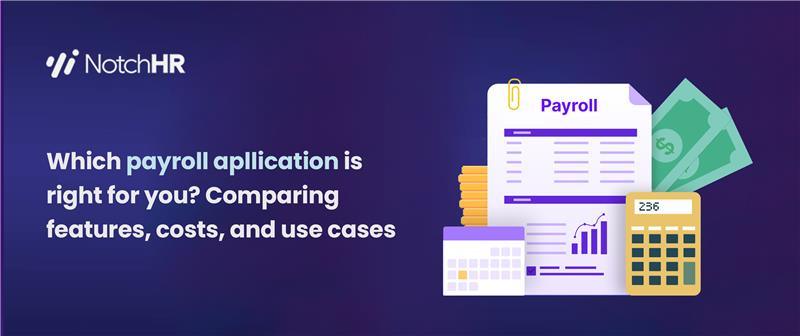If there is anything we all learnt from The Great Resignation that followed the COVID-19 pandemic, it’s that employee well-being has become more important than ever. The paycheck alone isn’t enough anymore. Workers are rethinking their careers, work conditions, and long-term goals. Many companies around the globe have also adapted by prioritizing mental and physical health programs for employee retention. But do employees trust HR? Do they trust that business leaders care about them and have their best interest at heart? The data says they don’t believe it.
According to a RAND survey, over 80% of large employers provide workplace wellness programs to their employees. Despite this, only 24% of workers strongly agree that their employers care about their well-being.
So what went wrong? Is it possible that HR leaders aren’t communicating enough? If they do communicate, can HR leaders recognize when the message is lost in translation? or do they simply still have a long way to go?
Two Sides to this…
Some employees may not trust HR and feel they don’t care about their concerns. This particularly happens if they believe their issues aren’t being addressed or if they believe HR is more concerned about protecting the company’s interests than the well-being of the employees. This may be particularly true if HR is seen as unresponsive or bureaucratic.
On the other hand, other employees may have positive experiences with HR and believe that the department genuinely cares about their concerns. For example, if HR is seen as responsive, approachable, and effective in resolving employee concerns, then employees are more likely to view the department positively.
Ultimately, the perception of HR regarding how much they care or not is shaped by many factors, including individual employee experiences, employee perception, the effectiveness of HR policies or practices, and the company culture. HR departments need to strive to be responsive, approachable, and effective in addressing employee concerns to build trust and demonstrate their commitment to employee well-being.
5 ways to communicate HR trust with employees
The feeling that an organization cares about its employees is vital. Employees don’t want to work for a company that ignores them. What can you do about it?
Here are five high-impact to show employees that they can trust HR. These ideas will drive the notion that employers care about their people:
Find out what employees want
Ask employees to come up with ideas that improve workplace well-being. Giving them a voice in the decision-making process makes them feel valued and heard. Employees are also more likely to participate in a program they suggested themselves. Remember, It’s easy to guess and brainstorm what you think your people need. But it’s even better to ask them.
Regularly recognize well-being achievements
Routine recognition is an essential psychological need in the workplace. It is a proven incentive that drives numerous business performance outcomes. So, make it part of your well-being programs. Provide incentives for employees to pursue wellness programs and let them know that the company cares about their well-being.
Communicate openly & with the best tools
It is impossible to build trust without effective communication. As an HR leader, you have to be clear about what they can expect from the company and vice versa. It’s also incredibly important to listen. Although a major aspect of communication, listening is often overlooked. When discussing well-being issues with employees, it is crucial that HR leaders hear any concerns, ideas, or feedback and respond accordingly and with the appropriate action.
Use company-wide platforms where employees can socialize and share their well-being best practices. Meetings should be conducted monthly or quarterly where employees can exchange practices or goals they may not be aware of but could benefit from. Lastly, ensure that the program details and benefits are communicated often and through a variety of channels.
Try NotchHR Announcement for company-wide communication!
Be transparent with employees
Nothing builds skepticism and an unsettling culture faster than a lack of transparency. The more discrete leaders are, the more discrete the followers will be. HR communications should be open, honest, and vulnerable. In turn, it will encourage employees to share, collaborate, and innovate.
An open and honest environment spurs growth. When people feel free to talk about something that bothers them, without the fear of prejudice or regret, HR learns the best ways to cater to them. Without this, many concerns get swept under the carpet while staff suffer in silence.
Include employees’ families
Want to make your employees feel you care about them? Include their families’ well-being in programs and activities. For most people, family isn’t just an important thing; It’s everything. By encouraging family member involvement, the company shows it truly cares not only about the things its employees care about.
Conclusion
As industries and people change, employers must have the flexibility to change as well. HR plays a key role for its people. As a department, HR must create a well-being network that is employee-driven and company-sponsored. Supporting employee well-being is the right thing to do – both for employees and for the business they sustain.



